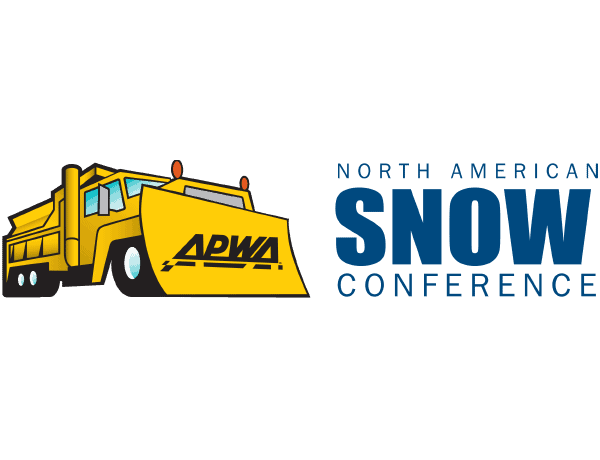Video
Following an impactful presentation at the 2012 APWA Congress from the City of Milwaukee, the speaker returned to his department to develop their own Building and Facility Capital Program. This program, which started in 2018, has funded $24 million in projects for Prince William County. Furthermore, the elected body of the County saved it from being unfunded during recent budget reductions related to the pandemic because it has been so successful. This presentation will highlight the strategies employed to develop the program and how the speaker’s department has successfully managed it.
Read MoreCollecting and managing accurate asset data is difficult, and many agencies operate with incomplete data that limit functions such as preventative maintenance, service, capital improvement planning, and more. New advancements in software, street-level imagery, light detection and ranging (LiDAR), and artificial intelligence enable a scalable approach to quickly digitize environments and collect complete asset inventories that improve operational efficiencies. This session highlights recent case studies from several jurisdictions, including a deep dive into recent advancements in operations for the City of Berkeley. From defining challenges to implementing solutions and the impact on staff, hear from the consultant and agency manager how such initiatives improve agency readiness and resiliency through enhanced access to critical information, better situational awareness, and more productive telework capabilities.
Read MoreAs municipalities and suburbs grow, the available natural undisturbed land becomes much more valuable and, therefore, protected through unified development ordinances (UDO) or tree conservation areas (TCA). Urban forestry becomes a real consideration. Registered foresters and certified arborists are just the experts to find solutions and execute action plans to manage the effect of development on natural areas and advise on best practices for the future. Some tree experts have embraced new technologies to better map the existing landscape and seamlessly communicate and visualize their solutions to all involved. Tree inventories, champion tree assessments, natural buffers, basal area calculations, deformation, and hazardous tree assessments are all part of what foresters and arborists specialize in when it comes to urban development. The ArcGIS Collector app and associated geographic information system (GIS) data management software can help spatially define areas that need inventory while navigating difficult sites.
Read MorePresented by the Emerging Leaders Academy 2021-2022 Class: Studying Agency response to pandemic related shortages and analyzing methods for recovery.
Read MoreBuilding a truck can be a complicated process. Specifying the “right” truck can require hundreds of decisions and choices that can potentially impact each other. This session is designed to…
Read MoreOn behalf of the Utilities and Public Rights-of-Way (UPROW) Committee, the presenters will present a “Dare to Ask” session discussing lessons learned from UPROW projects and management that didn’t go…
Read MoreDue to the continuous rise of chlorides being detected in the drinking waters in the Northern Virginia region, salt reduction is needed as soon as possible. The speaker will present details of Fairfax County’s journey to successful salt reduction program development and implementation, along with best management practices.
Read MoreWith everyone’s budgets getting tighter and public expectations at an all-time high, an effective and efficient method of tracking and communicating winter operations is needed. Every agency has performance measures whether they know it or not as agencies typically track staff hours, material usage, road network level-of-service, operational response time, collisions, and much more. In this session, the speaker will discuss how the City of St. Paul has developed formal performance measures to help manage and improve work, safety, budget, performance, and sustainability.
Read MoreBuilding a truck can be a complicated process. Specifying the “right” truck can require hundreds of decisions and choices that can potentially impact each other. This session is designed to help your organization identify what you actually need, successfully manage, and sustain a long-term plow truck program.
Read MoreAll municipal separate storm sewer systems (MS4s) conduct various activities to inspect and maintain their system, but how many have those activities organized as procedures in written form? Over the years, Charlotte Storm Water Services developed various documents for individual MS4 inspection and maintenance activities, but they weren’t all compiled in one organized manual, and the relationships between activities and various groups conducting them were not formally documented. Recognizing that, Charlotte worked with a consultant to write such a manual. The manual organizes activities in sections based on the nature of the activity. It explores program driver policies, methods and practices, inspection and maintenance schedules/frequency, documentation methods, data metrics, and staff responsibilities. This presentation will explore the resulting manual and the process, experiences, and lessons learned in developing it.
Read More